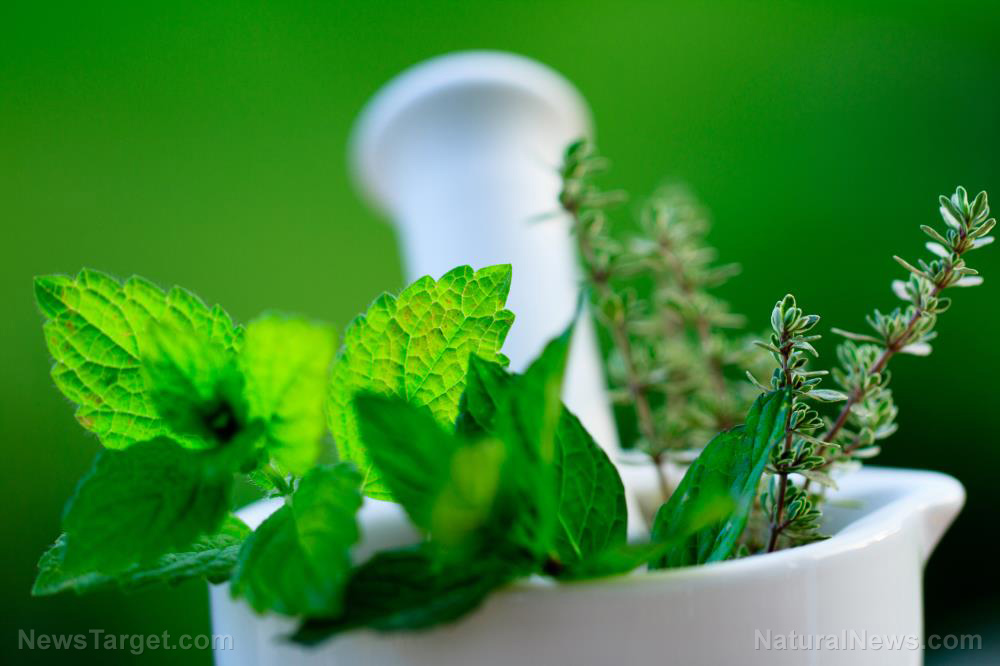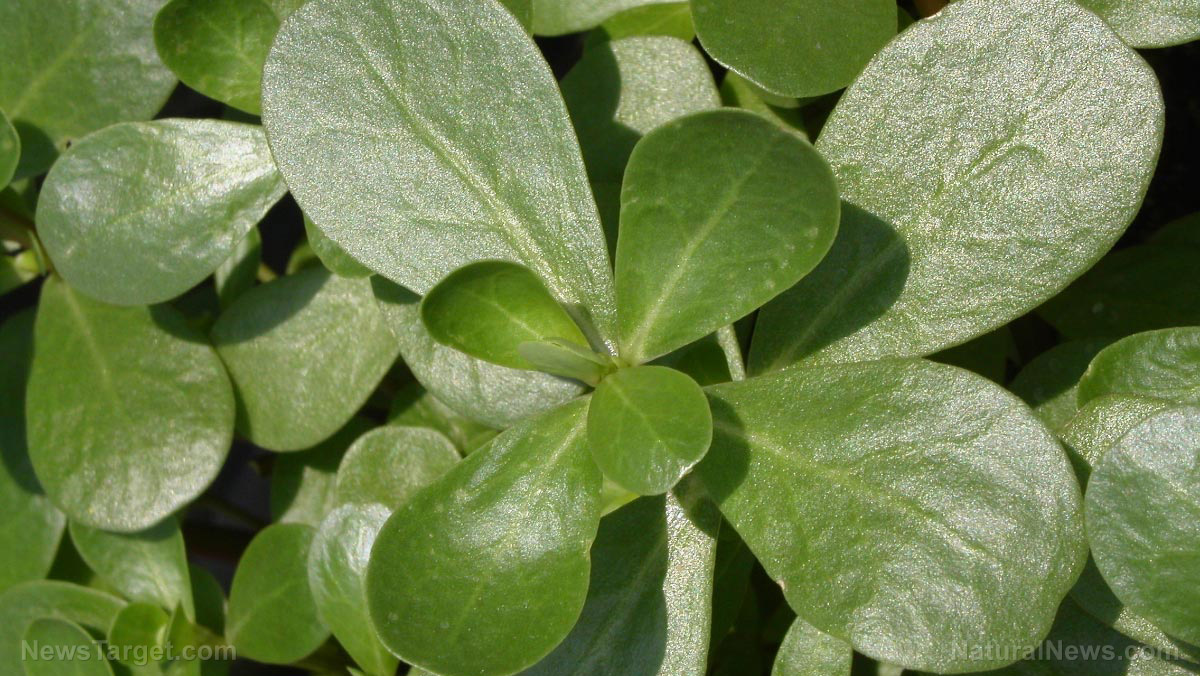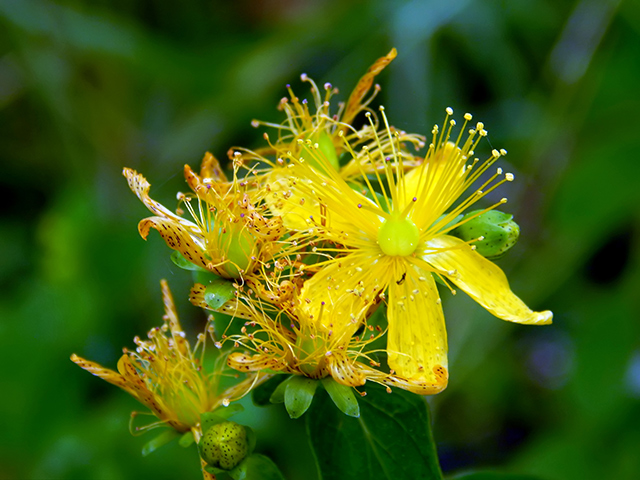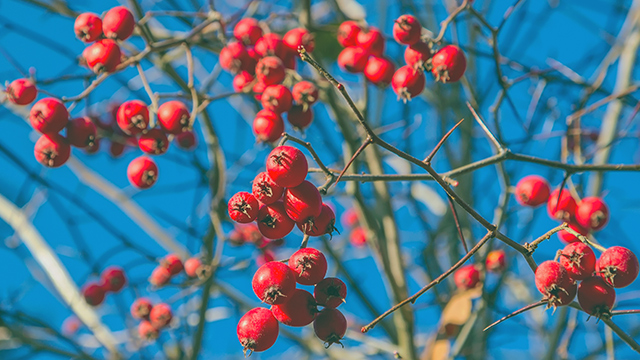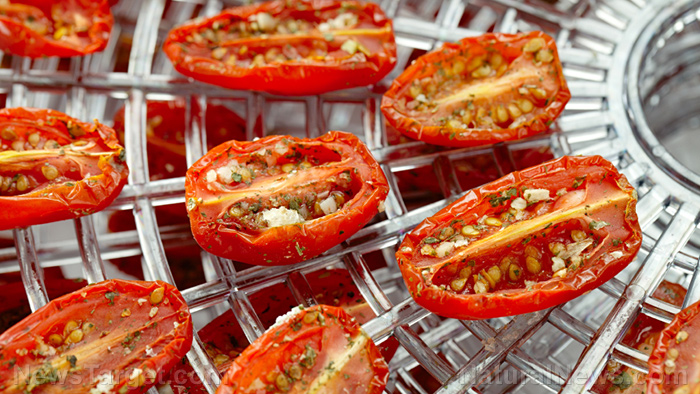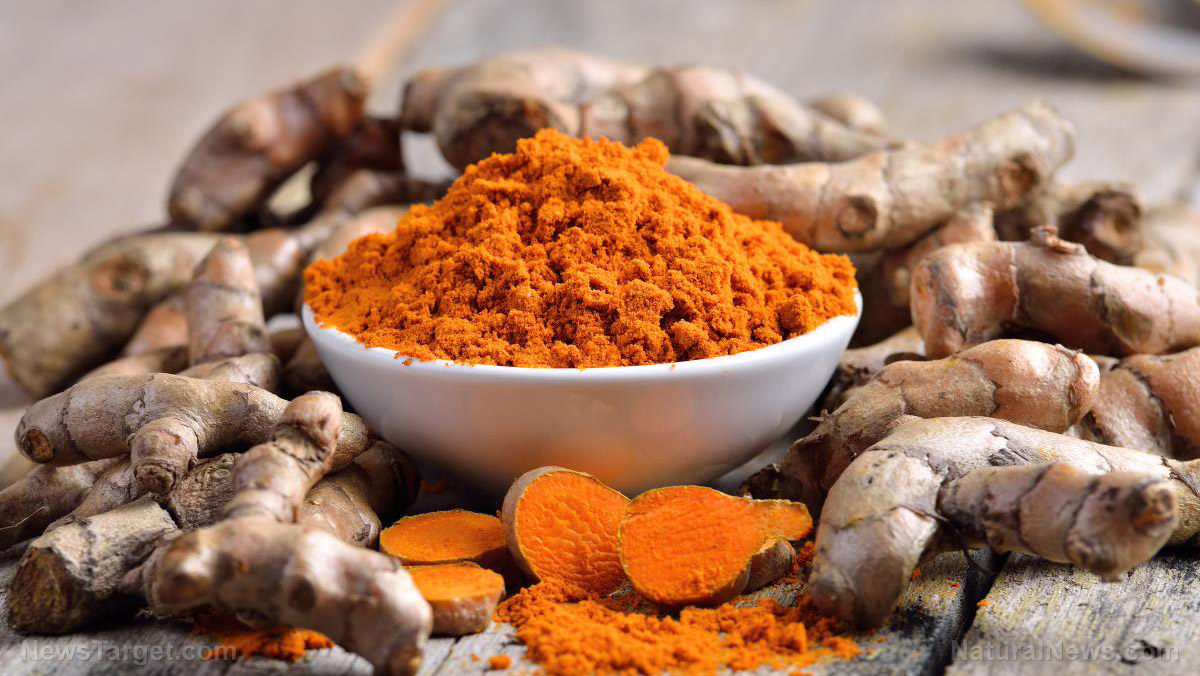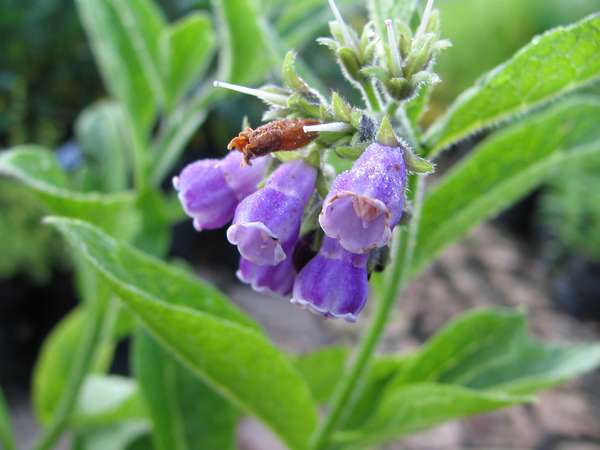Green tea compounds block key enzyme that allows coronavirus to replicate – study
12/15/2020 / By Virgilio Marin

A study published in the journal Frontiers in Plant Science shows that chemical compounds in green tea and other plant-based foods can block the activity of a key enzyme in the replication of SARS-CoV-2, the virus responsible for COVID-19.
Researchers at North Carolina State University (NC State) found that many polyphenols in these foods are able to inhibit the function of “main protease” (Mpro) by directly binding to it. Without the activity of this enzyme, SARS-CoV-2 cannot remain viable for long.
“Mpro in SARS-CoV-2 is required for the virus to replicate and assemble itself. If we can inhibit or deactivate this protease, the virus will die,” said co-author De-Yu Xie, a professor of plant and microbial biology at NC State. The study was published on Nov. 30 and was funded by the U.S. Department of Agriculture.
Flavanols inhibit the activity of a key coronavirus replication enzyme
For their experiment, Xie and co-author Yue Zhu used the Mpro of SARS-Cov-2 to screen polyphenols derived from various food sources and identify candidate inhibitors. The team chose 12 plant compounds that belong to a group of polyphenols called flavonoids. These plant compounds are responsible for the vivid colors of many fruits and vegetables and are known for their potent antiviral, antioxidant and anti-inflammatory properties.
“One of our lab’s focuses is to find nutraceuticals in food or medicinal plants that inhibit either how a virus attaches to human cells or the propagation of a virus in human cells,” explained Xie.
He and Zhu reported that computer simulations predicted that all 12 compounds they chose can bind to different sites on Mpro. These simulations also showed that Mpro has a pocket-like portion that can be “filled” by the plant compounds. Once filled, the protease loses many of its important functions.
The researchers identified the compounds present in green tea, two varieties of muscadine grapes, cacao and dark chocolate as the flavanols with the highest inhibitory activity. Those found in green tea and muscadine grapes, however, were more effective at inhibiting Mpro activity than compounds in cacao and dark chocolate. (Related: Green tea, zinc proving to be BETTER than hydroxychloroquine at fighting coronavirus infections.)
“Green tea has five tested chemical compounds that bind to different sites in the pocket on Mpro, essentially overwhelming it to inhibit its function,” said Xie. “Muscadine grapes contain these inhibitory chemicals in their skins and seeds. Plants use these compounds to protect themselves, so it is not surprising that plant leaves and skins contain these beneficial compounds.”
Plant-based drinks like green tea can kill coronavirus
An earlier study also reported that plant-based beverages like green tea can kill SARS-CoV-2 when incubated with the virus in vitro. German researchers discovered this after examining the ability of green tea, black chokeberry juice, pomegranate juice and elderberry juice to inactivate different viruses, including SARS-CoV-2.
The researchers mixed the beverages with the viruses and incubated them at room temperature. After five minutes, the researchers found that black chokeberry juice reduced the infectivity of viruses by a considerable margin compared to the control. Green tea, elderberry juice and pomegranate juice also decreased viral infectivity substantially.
Black chokeberry juice inactivated about 97 percent of SARS-CoV-2 after five minutes, while green tea and pomegranate juice inactivated about 80 percent of the virus. Meanwhile, elderberry juice had no effect on SARS-CoV-2. The researchers said that the beverages had rapid and robust antiviral activities that may have stemmed from their acidity, which can directly inactivate viruses, and the presence of polyphenols like flavonoids, catechins and tannins.
Because of their findings, the researchers believe oral rinsing with these beverages can help reduce viral loads, especially since transmission occurs via the nose and throat for respiratory viruses like SARS-CoV-2. Beverages like green tea and black chokeberry juice are also safer to use than antiseptic oral rinses, which contain harsh chemical ingredients.
For more stories about foods that can help fight the coronavirus, visit CoronavirusFoods.com.
Sources include:
Submit a correction >>
Tagged Under:
alternative medicine, antiviral, coronavirus, covid-19, flavonoids, food cures, food is medicine, Green tea, herbal medicine, Herbs, infections, natural cures, natural medicine, outbreak, pandemic, phytonutrients, plant medicine, prevention, remedies, research, SARS-CoV-2
This article may contain statements that reflect the opinion of the author
RECENT NEWS & ARTICLES
Herbs.News is a fact-based public education website published by Herbs News Features, LLC.
All content copyright © 2018 by Herbs News Features, LLC.
Contact Us with Tips or Corrections
All trademarks, registered trademarks and servicemarks mentioned on this site are the property of their respective owners.




